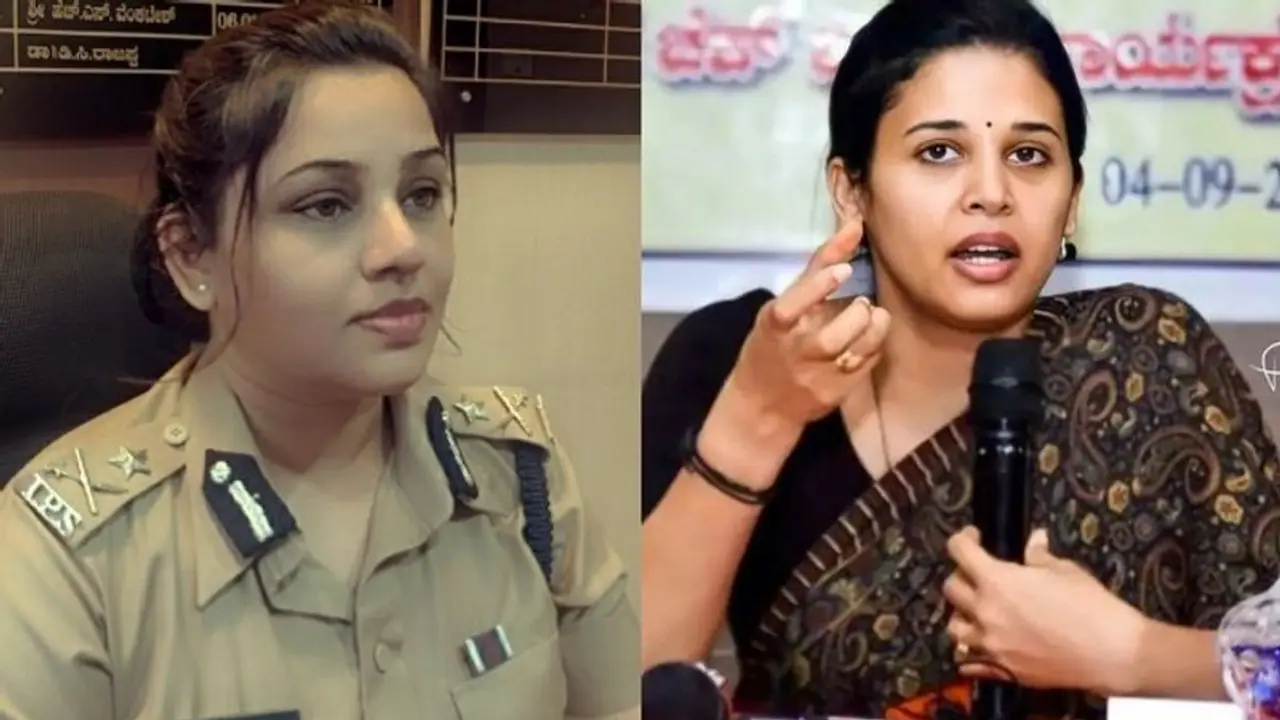In a hearing led by Justice Abhayachandra Oka, the Supreme Court advised IPS officer D. Roopa and IAS officer Rohini Sindhuri to resolve their social media defamation dispute through conversation. Sindhuri's lawyer sought an apology from Roopa, highlighting the lingering impact of defamation. Roopa insisted on an apology. The court recommended direct communication and granted one month for a resolution, emphasizing the significance of dialogue.
In a hearing held on Friday, the Supreme Court, led by Justice Abhayachandra Oka, advised IPS officer D. Roopa and IAS officer Rohini Sindhuri to engage in a conversation and find an amicable resolution to their ongoing case.

The Supreme Court, under the guidance of Justice Abhayachandra Oka, suggested a peacemaking approach to resolve the dispute between IPS officer D. Roopa and IAS officer Rohini Sindhuri. The hearing, conducted on Friday, centred on a case involving defamation and disparaging remarks made on social media.
IAS Officer Rohini Sindhuri gets new position after 7 months without posting
During the proceedings, Sindhuri's lawyer argued that while the removal of derogatory social media posts might alleviate some concerns, the impact of defamation lingers, especially affecting the family. Emphasizing the challenges of working in public life after such incidents, the lawyer insisted on an apology from D. Roopa. In response, D. Roopa maintained her stance that an apology was warranted.
Roopa IPS vs Rohini IAS war: Karnataka govt transfers both officers
Rohini Sindhuri's legal representative countered by addressing the allegation that Sindhuri had referred to D. Roopa as mentally deranged in the media. The lawyer clarified that Sindhuri's statement had been misinterpreted and that the reference to mental derangement was not directed at Roopa.
After carefully considering the arguments presented by both sides, Justice Oka suggested a constructive resolution through direct communication. The Supreme Court granted one month for the two officers to engage in discussions and reach a mutually acceptable solution. Justice Oka emphasized the importance of dialogue in resolving the matter.
